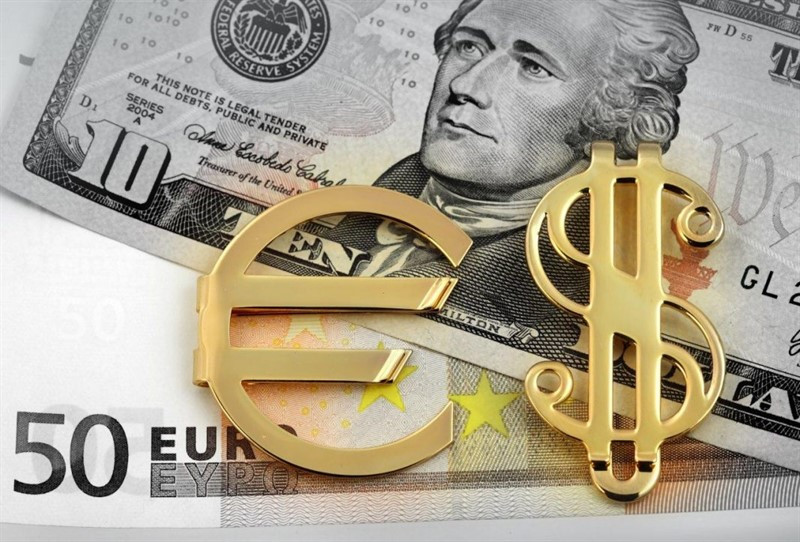
Whether Fed officials want it or not, the regulator seems to be under the heel of Donald Trump. When the American president began to criticize the head of the Federal Reserve Jerome Powell, it looked like nothing more than a childish prank because from the point of view of the law. The White House can not impose its will on the Central Bank. However, in reality, it turned out that it can - indirectly, through financial markets. The more actively Trump calls on the Fed to lower the interest rate, the higher are the chances of monetary expansion. Fearing a collapse in stock indices, the regulator is forced not only to weaken monetary policy but also to soften the rhetoric. First, the Federal Reserve stopped raising the rate, then began to lower it, the day is not far off when it will fall by 1% from the July maximum of 2.5%. Apparently, the US president acts on the principle: let the Central Bank be the head, but it will turn wherever the neck wants.
While the whole world is watching the impeachment attempt of Trump, which he is threatened by democrats, the main event for the foreign exchange market has been a steady decline in the euro.
On the eve of the Federal Reserve Bank of New York, it increased the limit of one-day operations from $75 billion to $100 billion, however, demand was still higher.
The reasons for the lack of liquidity are called auctions for placement of treasuries and the tax period. It is noteworthy that a significant proportion of the excess reserves of the American banking system is at the disposal of four financial institutions - BofA Merrill Lynch, Citigroup, JP Morgan Chase, and Wells Fargo. It is possible that they act on the orders of the White House, forcing the Fed to return to build up the balance, including through the resuscitation of QE. If so, then Trump acts very competently.
In this regard, the potential for EUR/USD decline seems to be limited to the areas of 1.0875-1.0885 and 1.0775-1.0795, even despite the divergence in the economic growth of the United States and the eurozone, as well as a large-scale monetary stimulus from the ECB.
The Hawks refused to follow Mario Draghi's calls to rally the Governing Council. The head of the Bundesbank, Jens Weidmann, said he was ready to do everything possible so as not to delay the increase in interest rates and Sabine Lautenschlager, who did not agree with the resumption of QE, resigned. It should be noted that it is the representatives of the German lobby who are the main opponents of the weak euro currency.
If we add France's intentions to increase fiscal stimulus by €10 billion in 2020 and Paris calls for Berlin to start investing in the eurozone as soon as possible. It becomes obvious that the common European currency is not doing as bad as is commonly believed.





















